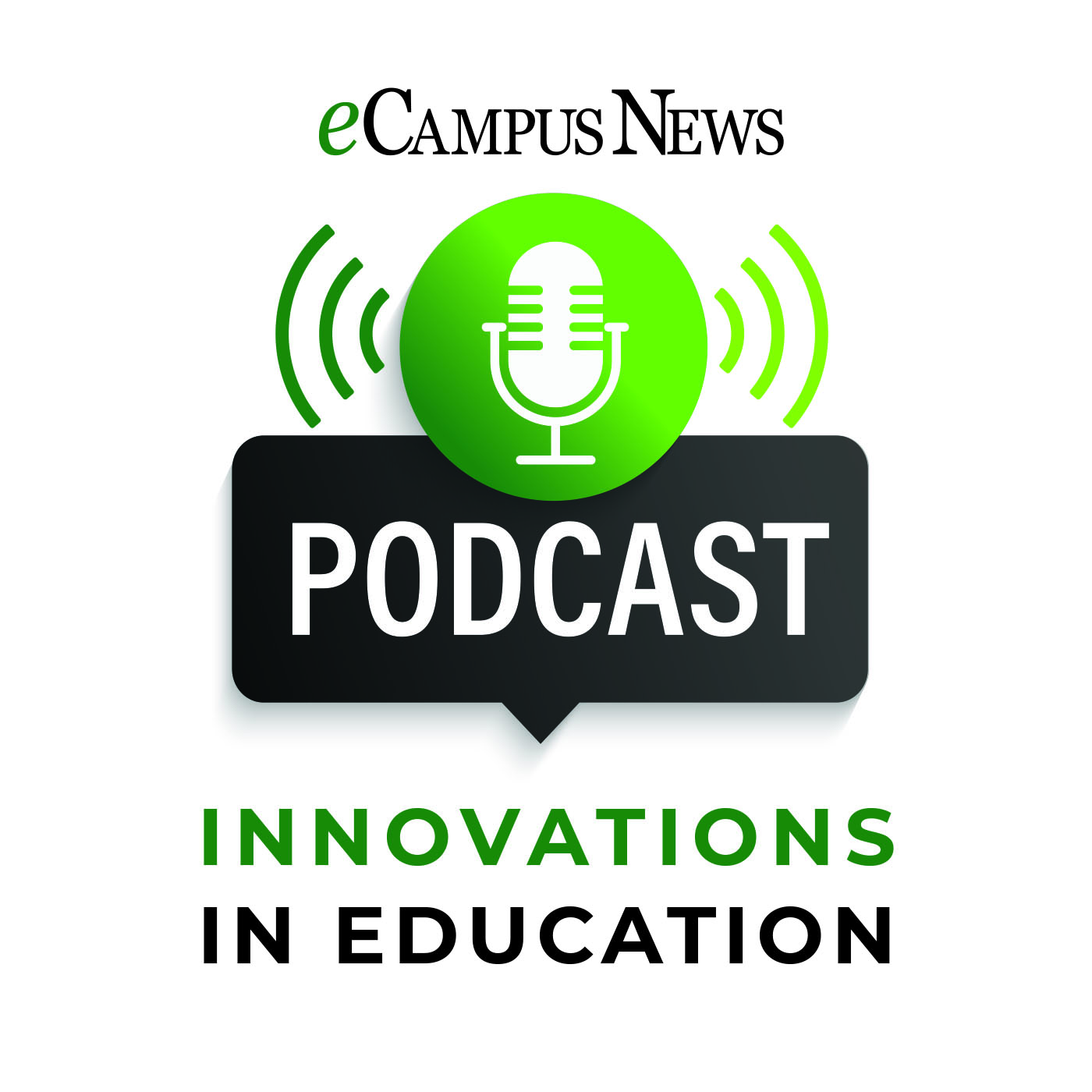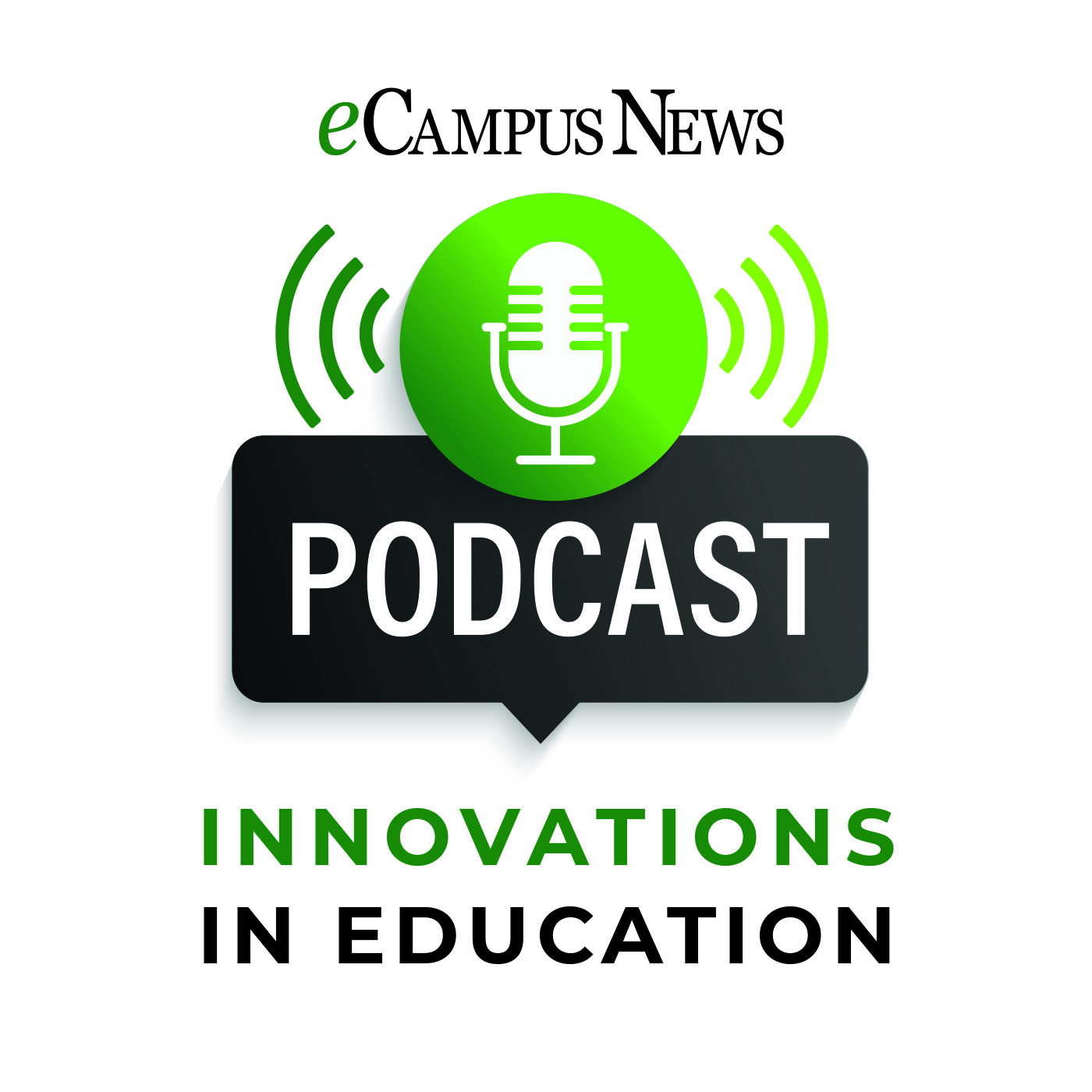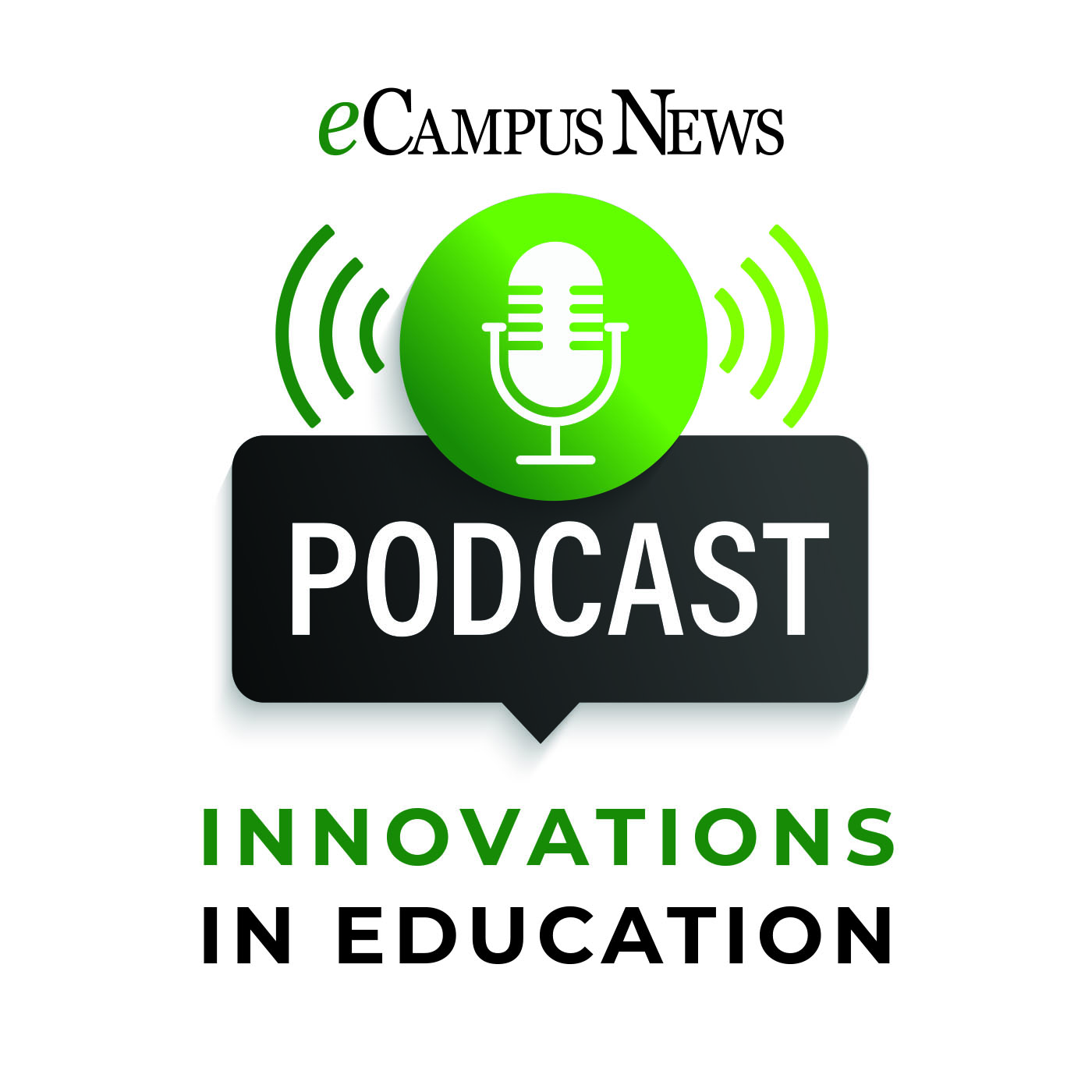Episode Transcript
OK. Hello and welcome to the latest installment of Innovations and Education Ecampus News is podcast on the latest and Greatest in Higher Ed Tech. I'm Kevin Hogan, content director for E campus, and I'm glad you found us. This month, spotlight is on student well-being. Just because the pandemic isn't over, does it mean that the mental health crisis is, especially when it comes to college students? By nearly every metric, student mental health is worsened. During the 2020-2021 school year, more than 60% of college students met the criteria for at least one mental health problem, according to the Healthy Mind Study, which collects data from 373 campuses nationwide. In another national survey, almost 3/4 of students reported moderate or severe psychological distress. Now there are steps being taken. Just this week, the Surgeon General of the US Doctor Vivek Murthy launched the national. We are made to connect tour. The Surgeon General will travel to colleges across the country throughout the month of November to inspire people to incorporate moments of connection into their daily lives to help improve their health. And well-being. The stops will be interactive experiences where Doctor Murthy will issue A5 for five connection challenge to students. Challenging them to take five actions for five days that express gratitude, offer support or ask for help from. People in their lives. These types of actions are outlined in the Surgeon General's advisory on our epidemic of loneliness. As ways that people can catalyze social connection. As outlined in the advisory, social connection could advance physical, mental and cognitive health. And is even associated with decreased risk of mortality. He says I am thrilled to embark on the we are made to connect, tour and speak to young people about the healthy relationships and their impact on mental health. Loneliness is a widespread National Health problem, one that impacts young Americans at surprisingly high rates. He goes on just like exercise and nutrition. Our relationships with one another are fundamental components for our overall health and well-being. The tour and connection challenge will help students learn how to better incorporate moments of connection into their daily lives. The surgeon General kicked off the Connect tour at Duke University this week. Where he was in conversation with Duke men's basketball coach John Shire and associate professor of American religious history, Kate Bowler. This month you'll also see stops at the University of Washington, University of Texas, Arizona State University. Drexel University and Hampton University in Hampton. Also last month, the American Council on Education and 18 other higher education groups sent a letter to the Department of Labor to educate and focus the regulators on the issue of college student mental health. Which hasn't really received the same level of attention as other youth mental health. Uh, either at the K12 level or even. So from the letter they wrote, students still have significant mental health needs after they leave high school and enroll in higher education. This is a very transitional period of life for most traditional college age students. The first time living away from their families, finding a sense of community in an overwhelming environment. And balancing a heavy workload. For non traditional students, many balance full time work obligations. Family responsibilities with children and spouses and are also readjusting to the demanding schedule of being a college. The letter goes on. Graduate students also have unique needs at a distinct set of challenges that impact their mental health and well-being. Mental health is a campus wide responsibility, so a collaborative approach to addressing organizational change is key to alleviating the barriers and systems that further exacerbate the mental health crisis. And this is especially acute for historically underrepresented students and students of color. The associations requested that each Regulatory agency explore ways to support the delivery of behavioral health services to college students. This support could involve leveraging telehealth services and potentially incorporating these priorities into their budget recommendations. They also urge the administration to recommend that Congress take action to address the mental health challenges faced by college students. Now they're also universities that are taking it upon themselves to work. With this problem. Clarkson University announced this fall that it had broadened its partnership with Mantra Health, the leading digital mental health provider for more than 100 higher education institutions. In order to better support their students mental health needs. The university is adopting Mantra House whole campus Care solution, which is a holistic care continuum for students. The program, launched on August 21st. These students will now have access to therapy, psychiatry 24/7 crisis, support on demand, emotional support, emotional Wellness coaching and self-guided Wellness lessons. Mantra health clinically informed programs have been proven to increase engagement and boost outcomes. And have earned the company a 4.9, a 5 star rating from students. Christopher Robinson, who's the interim Provost at Clarkson University, says Clarkson's commitment to the physical and mental well-being of our students and to a healthy and thriving campus has always been strong. These new services will help our students set and achieve their personal and educational goals, while connecting them to additional support systems. Again, connection seems to be the key. So colleges and universities need to address this. Obviously, this mental health crisis that we continue to have. Or mental health hinders students, academic success. Untreated issues may lead to lower GPA's, discontinuous enrollment, and too often lapses in enrollment. And institutions investment in student mental health is hugely important for the social, educational and economic well-being of students, their campuses, and broader society. So what can education leaders? Do to help their cause. Number one, experts say, speak out about mental health, reduce stigmas and help students feel that it is normal to express mental health concerns and seek help. #2. Pursue partnerships to ensure campus wide, comprehensive approach to mental health care promotion and prevention. #3. Invest in making mental health services and programs accessible. Affordable and tailored to the needs of diverse students. And then #4. Maybe common sense, but it's worth saying. Listen and respond to student needs. Hopefully, as mental health awareness continues to become a primary focus for institutions. More students will be helped. And that's about all for this month's podcast. Please check back at ecampusnews.com For more information and resources that will help you guide your faculty and your students to better mental health.


